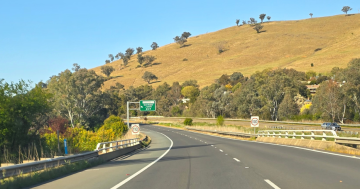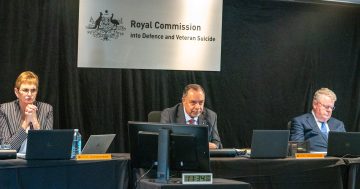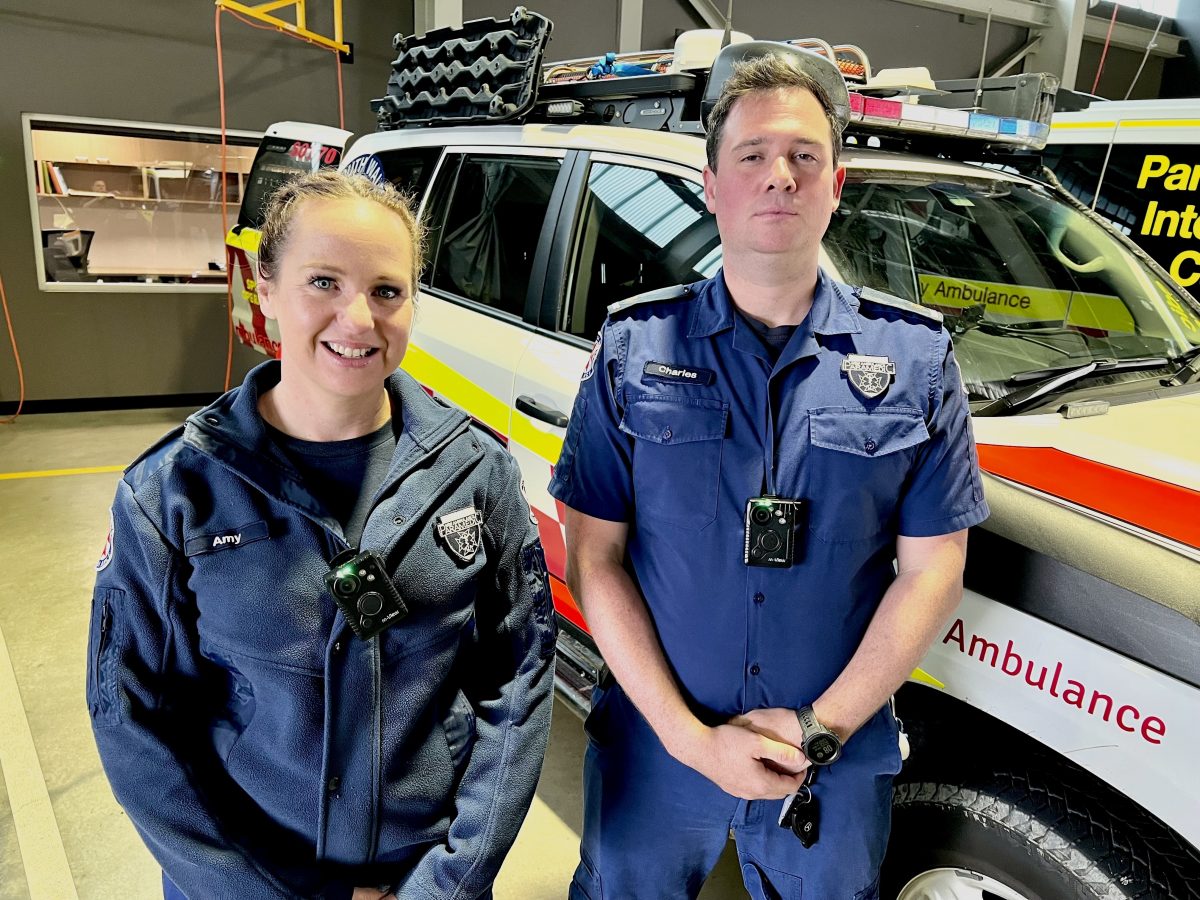
Wagga station manager Amy Barclay and Charlie Milne model the new body cameras being trialled by NSW Ambulance. Photo: Chris Roe.
Paramedics in Wagga will soon be wearing body cameras as part of a trial to help reduce violent behaviour towards first responders.
Wagga was identified as one of six locations in NSW for phase two of the Government’s Body Worn Camera Project, and the first trial in a regional city.
Minister for Regional Health Bronnie Taylor said Wagga’s large and diverse population made it the perfect choice.
“It’s a major regional centre that actually has a hub and spoke model in terms of healthcare, so we thought this would be a really great place to start,” she said, adding that it was about the volume of callouts rather than a high number of violent incidents.
“Because you have a bigger population, you have a big number of people that have to been seen every day.”
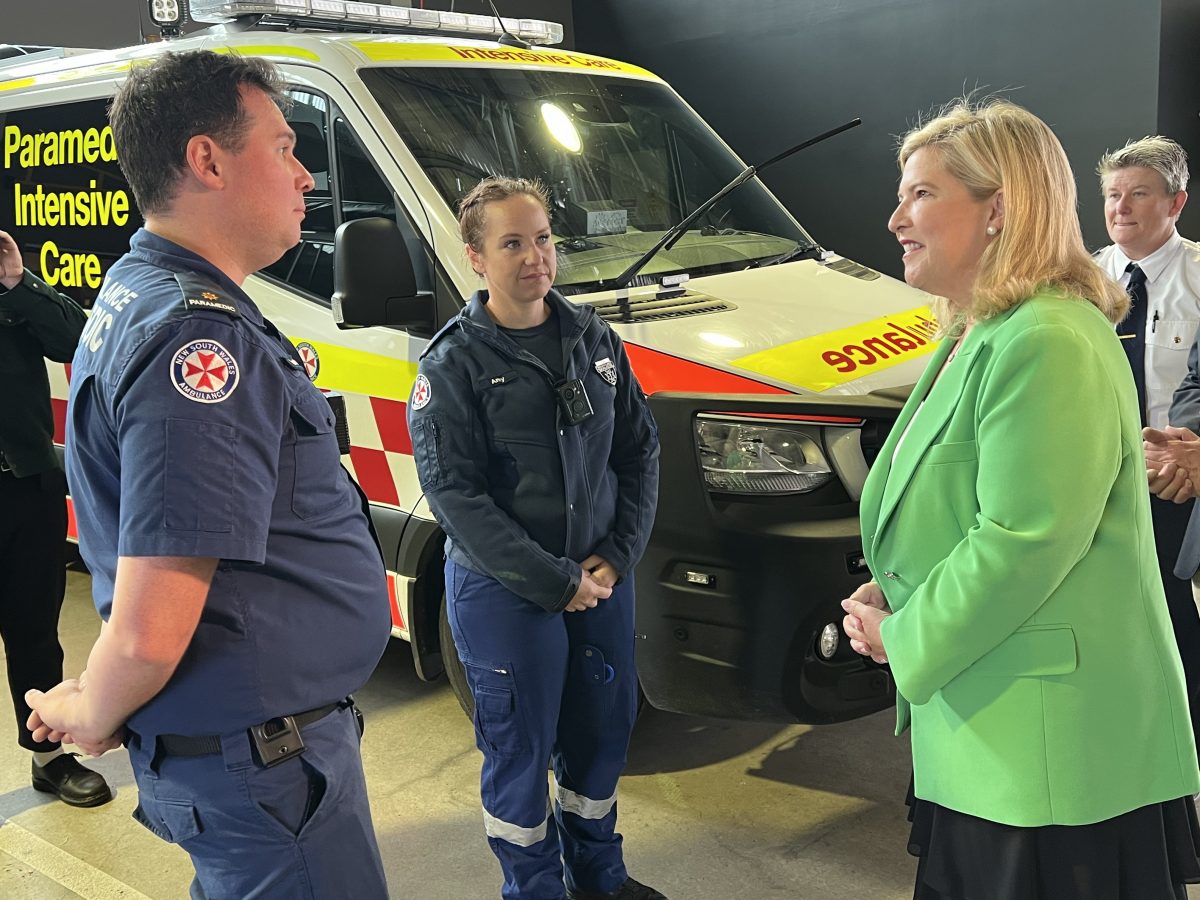
NSW Minister for Regional Health Bronnie Taylor was in Wagga to launch the body camera trial. Photo: Chris Roe.
The program will start in November and run for 12 months with NSW Ambulance collaborating with researchers at Charles Sturt University to assess the data and weigh up whether it is a help in deterring abuse and assaults.
NSW Ambulance Murrumbidgee zone manager Liesa Huggins said there would be at least one camera, per crew on each shift at each location.
“The cameras will be another set of eyes for our paramedics,” she said.
“They will only be activated if the paramedics identify a significant risk of harm and patients will be told the cameras have been activated.”
Body cameras have been trialled in some metro locations since 2019 and paramedic Charlie Milne has had firsthand experience wearing them in the field.
“Definitely at times when we have explained to the person who’s exhibiting that behaviour that they are being recorded, we have seen de-escalation,” he said, adding that bystanders are also less likely to interfere.
“It’s all about defending the whole scene and making us and our patients safe and I’ve seen it work in both respects to say to people that are getting in our way and possibly making us not be able to treat patients to actually calm them down and get them to move away.”
He said that paramedics have pretty good instincts about the safety of a situation and will follow their gut when it comes to activating the cameras.
“Do you feel that this is going to be an unsafe scene? Or additionally based on notes that indicate that maybe there is an indication of violence,” he said.
“And because you can put it in standby mode, where it’s not recording but it’s on, you’re then capable of recording 30 seconds prior to activating it.
“So then you know that it’s recorded the leadup to that incident.”
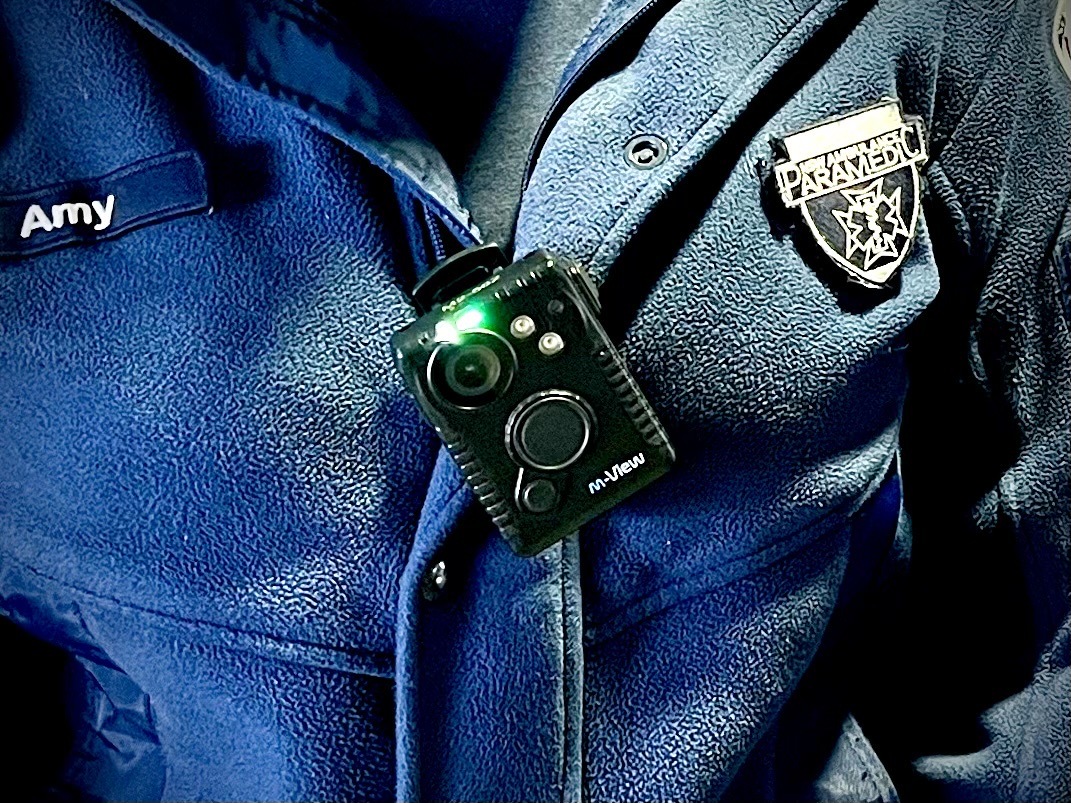
It’s hoped that body cameras will help reduce violent behaviour towards first responders. Photo: Chris Roe.
The phase two launch of the body camera trial follows a toughening of laws last week to protect firefighters, paramedics, hospital medical and security staff, State Emergency Service workers, surf lifesavers, marine rescue volunteers and pharmacists and their staff.
People who assault frontline health and emergency services workers could now face up to 14 years in jail.
NSW Police Minister Paul Toole said it represented a zero-tolerance approach to any violence towards first responders, whether they were professionals or volunteers.
“This law sends a clear message that assaults and acts of violence against frontline health and emergency service workers are reprehensible and will not be tolerated,” he said.
Ms Taylor said she hoped the body camera program offered another layer of protection to ambulance crews in regional communities.
“We value them, we want them to feel safe,” she said.
“Every time we’re doing something in the cities, we’re doing it in the regions too, because the regions matter.”







